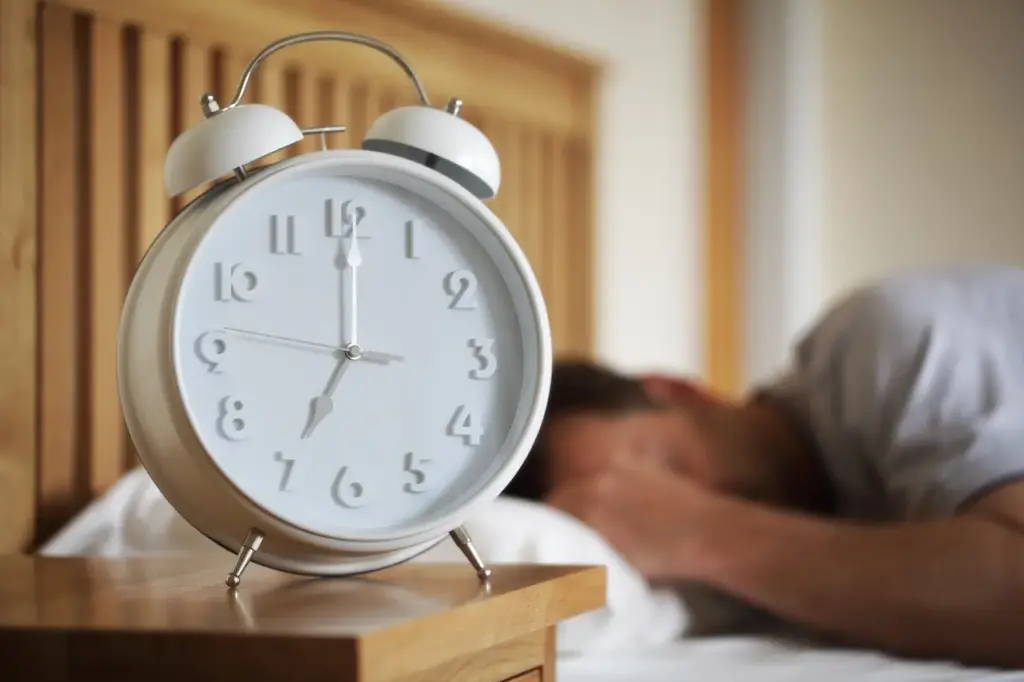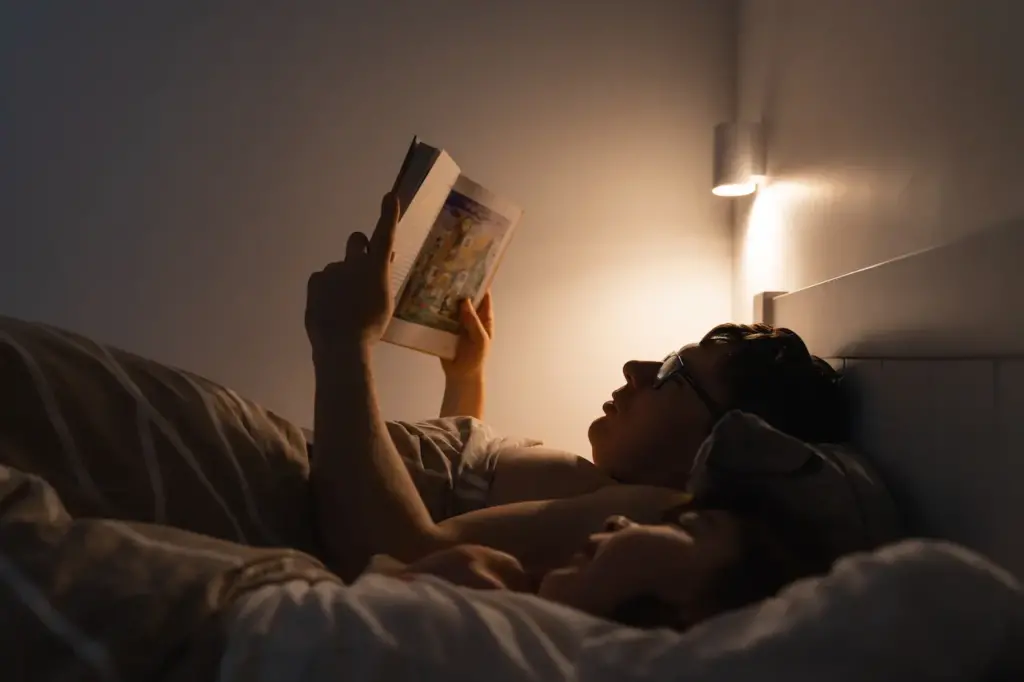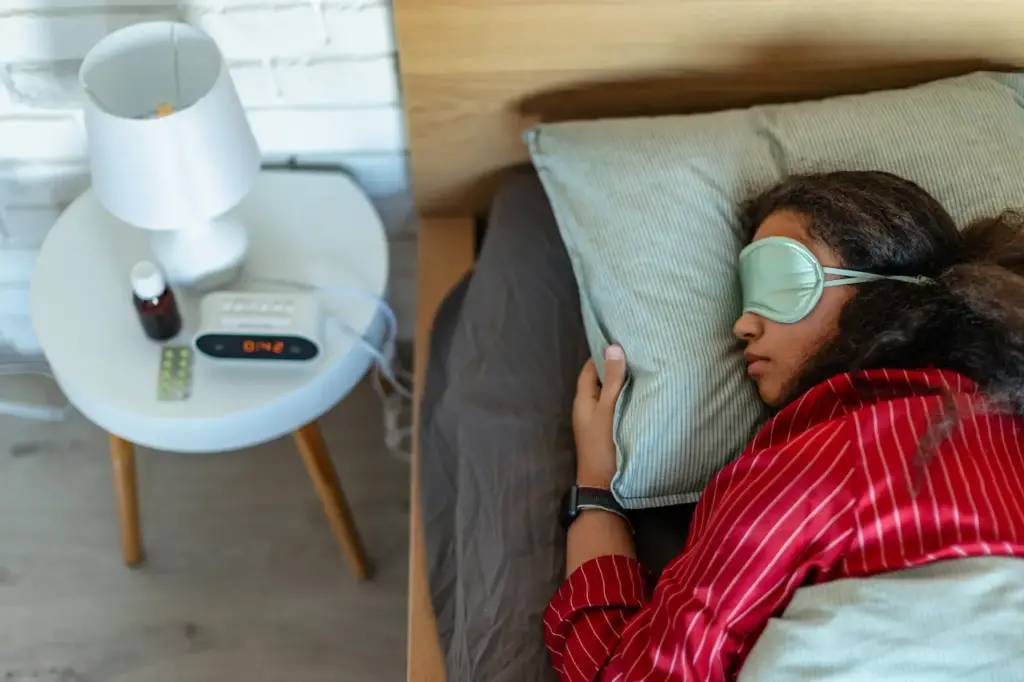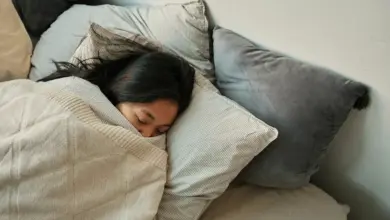Building a Bedtime Routine for Adults
Building a Bedtime Routine for Adults: 11 Tips for Success
It may seem silly to have a bedtime routine, but in 2019, a federal investigation found that about 40% of Australian adults did not get enough sleep. Lack of a routine could be one of the factors.
Here’s a list that I have compiled of ways you can create a bedtime routine that will help you fall asleep and get enough sleep to be ready for the day.

Why Do You Need to Have a Bedtime Routine?
A routine helps us to sync our bodies with their natural circadian rhythms, so we go to bed when our bodies feel tired. Small lifestyle changes can create a pattern that your brain will recognize as a sign it is time to go to bed.
A routine can also help you to reduce stress and anxiety from the previous day and the one to come. By focusing on a daily routine, you can focus on your task instead of dwelling on intrusive thoughts which could lead to sleeplessness or reduced health.
You should choose a schedule that allows you to have enough time in the evenings for other activities like socializing, cooking dinner or completing household chores.
The best routine is one that lasts between 30 and 60 minutes.
WARNING: These recommendations do not replace the sound advice of medical professionals. The results may also vary. If you suffer from chronic insomnia, please seek medical advice from a licensed professional.
How to Create a Better Routine for Bedtime
1) Pick a Sleep Time That Fits Your Schedule
Set a bedtime and a wake-up time to help your body get used to sleep. This consistency is the key to a successful routine. Give yourself time to adapt to your new schedule. To give yourself time to complete your routine, you should start your routine between 30 minutes and 2 hours before going to bed.
People often procrastinate on going to bed in order to get revenge. They will instead watch TV or play games. This can have a negative impact on your circadian rhythm, and therefore your productivity. This could eventually lead to a vicious circle ad nauseam.
2) Put Electronics Away
The earlier you turn off your electronics, the more melatonin your body will produce. Melatonin is a hormone that helps promote sleep. Blue light from electronics such as your computer, TV and cell phone can inhibit your body’s melatonin production.
3) Do Not Fill Up
Avoid late-night munchies that can cause indigestion or acid reflux. Avoid late-night snacks that can cause unwanted weight gain. You may find that your stomach grumbles before you go to bed. Try eating foods that will help calm your mind. Food is a great source of tryptophan. This amino acid is responsible for producing melatonin, serotonin, and melatonin. Consider snacking on foods that naturally have higher levels of Foods that are high in melatonin, tryptophan, and tart cherries like yoghurt and strawberries.

4) Avoid Caffeine and Nightcaps
Even though they may seem like the best choice to help you sleep, caffeinated drinks such as coffee, soda and green tea can have a negative impact on you at bedtime. Even though it might seem like a good idea, alcohol can disrupt the REM cycle which is crucial for remembering things. Consider non-caffeinated options like chamomile or warm milk which are rich in tryptophans.
4) Warm Up and Cool Down
Every person has a different preference when it comes time to find a temperature that is comfortable for sleeping. Sleep cycles and body temperature are closely linked. Being too hot or cold can disrupt sleep.
Some people recommend taking a bath an hour or so before going to bed. However, this is not always possible. Knowing the temperature that works best for you will help determine whether your sleep routine works. You can increase the body’s cooling response by getting warm first. If you have time, you could take a bath or go for a walk. You can still mimic your body’s temperature regulation if you lower your thermostat or turn on a fan.
5) Play Some Music
You can create a playlist of soothing music to listen to just before going to bed. This will help you reduce stress hormones and increase your serotonin level, which in turn, will make you sleepy. The type of music you choose is not important, just find something that soothes you. White, pink and brown noise can be used to lull people to sleep. You can find these sounds on sleeping apps, machines or oscillating fans.
White Noise vs. Pink Noise: Which is better for sleeping?
6) Stretch and Meditate
You can prepare yourself for sleep by incorporating mindfulness and meditation into your evening routine. NoSleeplessNights conducted a survey that revealed 58% of respondents felt they could not fall asleep because of a busy brain, and 24% reported feeling overwhelmed by anxiety and stress. By focusing on your breathing and redirecting your attention to other factors, you can kick these persistent thoughts out of the way and encourage sleep.
Yoga is a form of meditation that focuses on breathing. It also helps to relieve minor aches and discomforts. Poses like the downward-facing dog, child’s position, and cat-cow are great for focusing attention on your lower back, shoulders and hamstrings which can be affected by stress or sedentary living.
7) Grab a Book
Consider swapping the habit of scrolling on TikTok or the Gram late at night with a good book. Now is the time to dig out your library card, and begin checking off those books that have been sitting on your list for years. You should be careful about the genres you select, as too much suspense can interfere with your bedtime routine.
8) Make Your Bedroom a Haven
Set your ideal sleeping temperature, and turn on mood lighting to prepare your bedroom for a trip into the dream world. Use an essential oil spray or diffuser to create a relaxing scent when you’re ready to sleep. You can also choose one of the recommended plants for a calming scent or to improve air quality in your bedroom.
You should also get rid of all distractions in your bedroom, such as a television and clutter. This will help you relax before bedtime. Avoid using your bedroom and bed as a place to lounge and work. Your brain forms associations, and if your bed is used for anything but sleep (and maybe sex), you might struggle to fall asleep.

9) Write Down Your Mental to-do List
Write down the things you have to do tomorrow instead of keeping track in your head. This will help you reduce your mental load. You can lose sleep because you are preoccupied with a mental list.
This is a good time to journal, for example, a gratitude journal. Avoid writing down completed items, since a checklist does not improve sleep. According to research, people who had a list of things to do for the next day fell asleep quicker than those with a list of completed items.
11) Hug Your Pet or a Loved One.
Spend some time playing with your pet, or cuddling with someone you love. According to, spending time with a furry friend can help reduce cortisol, the stress hormone. Animals are often used as therapy to promote overall health and speed up recovery following hospitalization. It has been proven that dogs can understand emotional cues from their owners and comfort them.
Even spending some time with someone you love (the human kind) has a positive impact on your mood. Oxytocin is released, which reduces blood pressure and anxiety. Spending time with loved ones in the evening will reduce stress and improve your relationship.
As with all habits, it will take some time to see results. But now that you’ve got these tips in your toolkit you can begin building your routine for better sleep.




